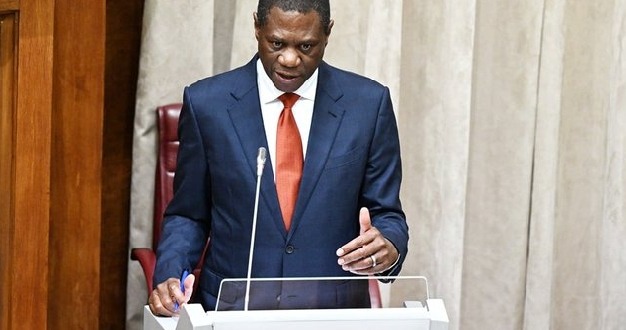Recent revelations that Deputy President Paul Mashatile has spent over R5 million on just three international trips since July 2023 have ignited a heated public debate. The expenses, which cover travel, accommodation, and logistical arrangements, have raised serious questions about the cost of official government travel and the accountability of public funds.
The trips, which included visits to key diplomatic and economic partners, were reportedly aimed at strengthening bilateral relations and promoting South Africa’s interests abroad. However, the substantial cost has drawn sharp criticism from opposition parties and civil society organizations, who argue that such expenditures are excessive, particularly in a country facing economic challenges, high unemployment, and widespread poverty.
The Deputy President’s office has defended the spending, stating that the trips were essential for advancing South Africa’s international agenda and securing investment opportunities. They emphasized that the costs were in line with standard protocols for high-level government travel, which often involve large delegations and stringent security measures.
Critics, however, remain unconvinced. They argue that while international engagement is important, the government should prioritize cost-effective measures, especially during a period of fiscal constraint. Many have called for greater transparency in how travel budgets are allocated and managed, suggesting that detailed breakdowns of expenses be made publicly available to ensure accountability.
This controversy comes amid growing scrutiny of government spending in South Africa. With many citizens struggling to make ends meet, the revelation of such significant expenditure on international trips has fueled frustration and demands for greater fiscal responsibility. Opposition parties have seized on the issue, accusing the government of being out of touch with the realities faced by ordinary South Africans.
As the debate continues, it underscores the need for a balance between diplomatic responsibilities and prudent financial management in the public sector. The controversy also highlights the importance of transparency and accountability in government spending, particularly in a country where economic challenges remain a pressing concern. For now, the spotlight remains on Deputy President Mashatile and the government’s handling of public funds, as calls for greater oversight and cost-efficiency grow louder.






















